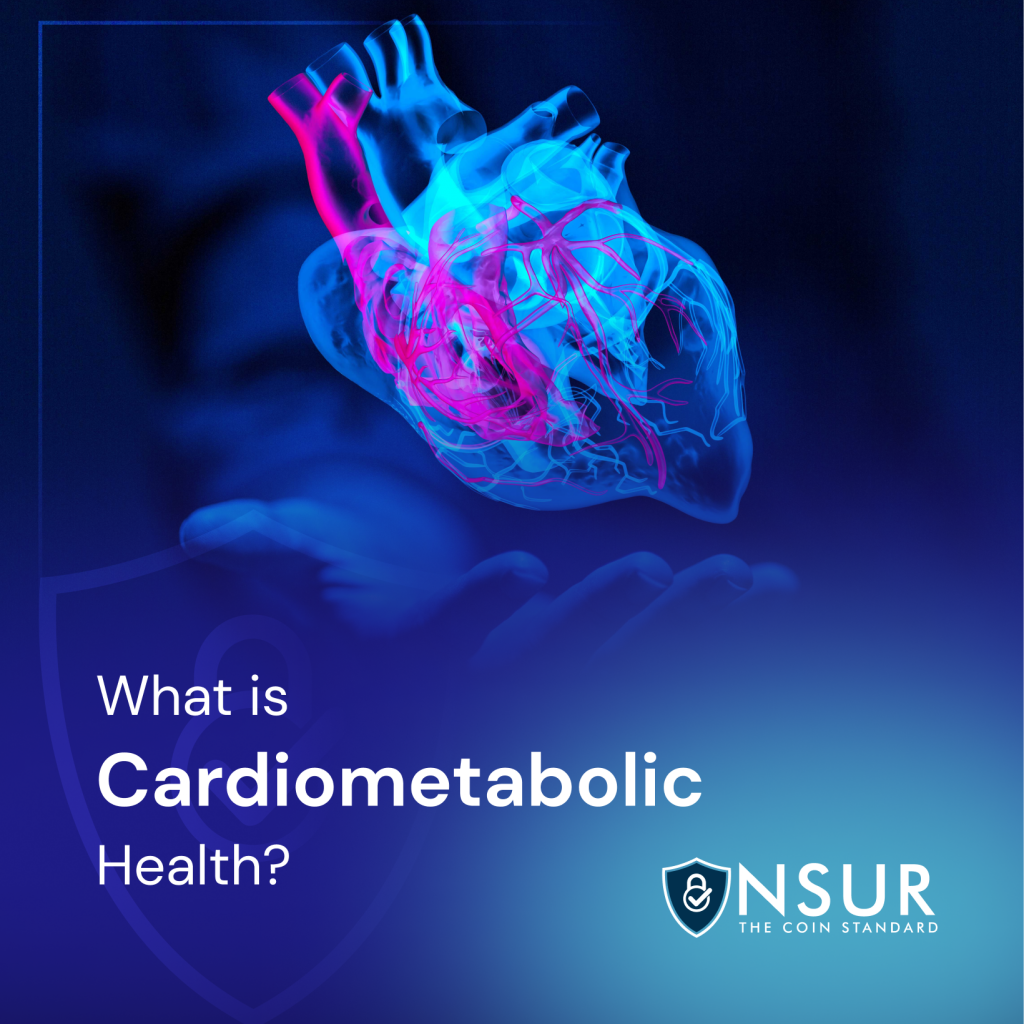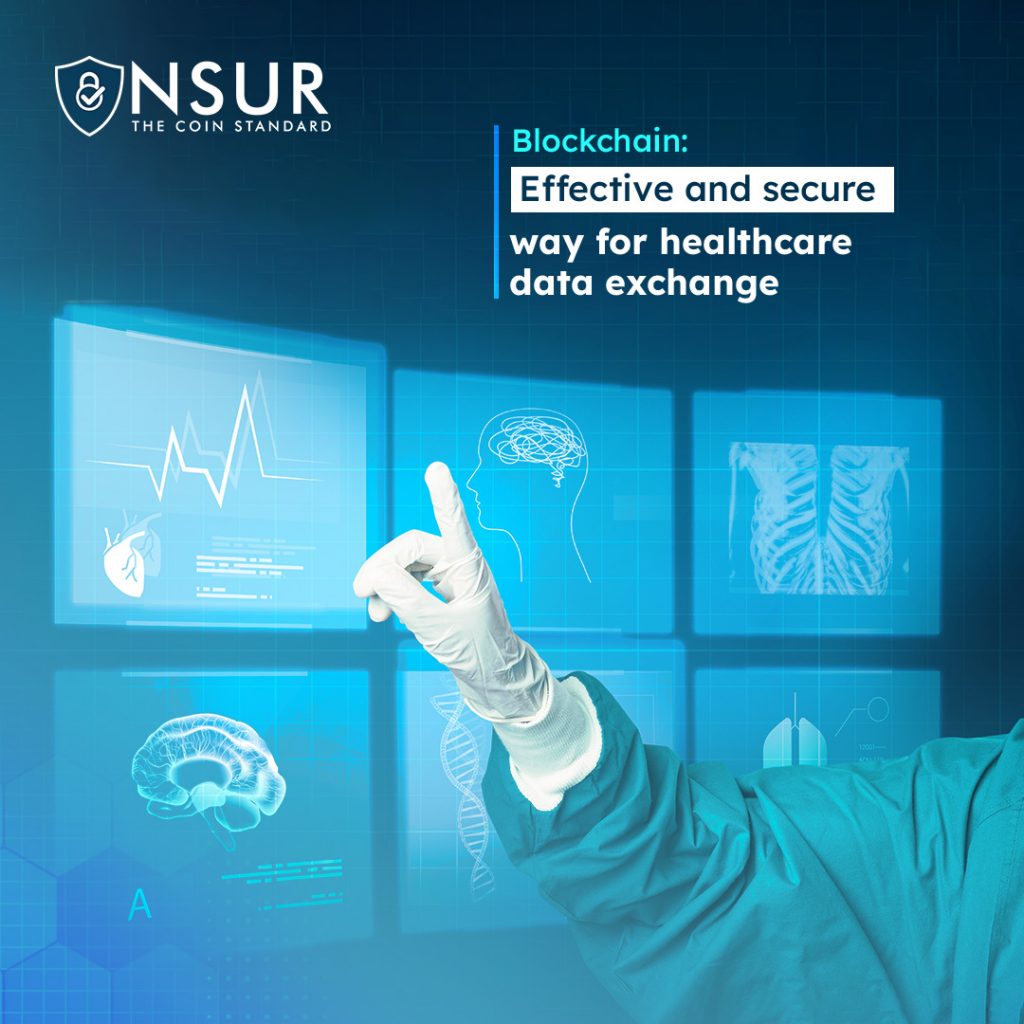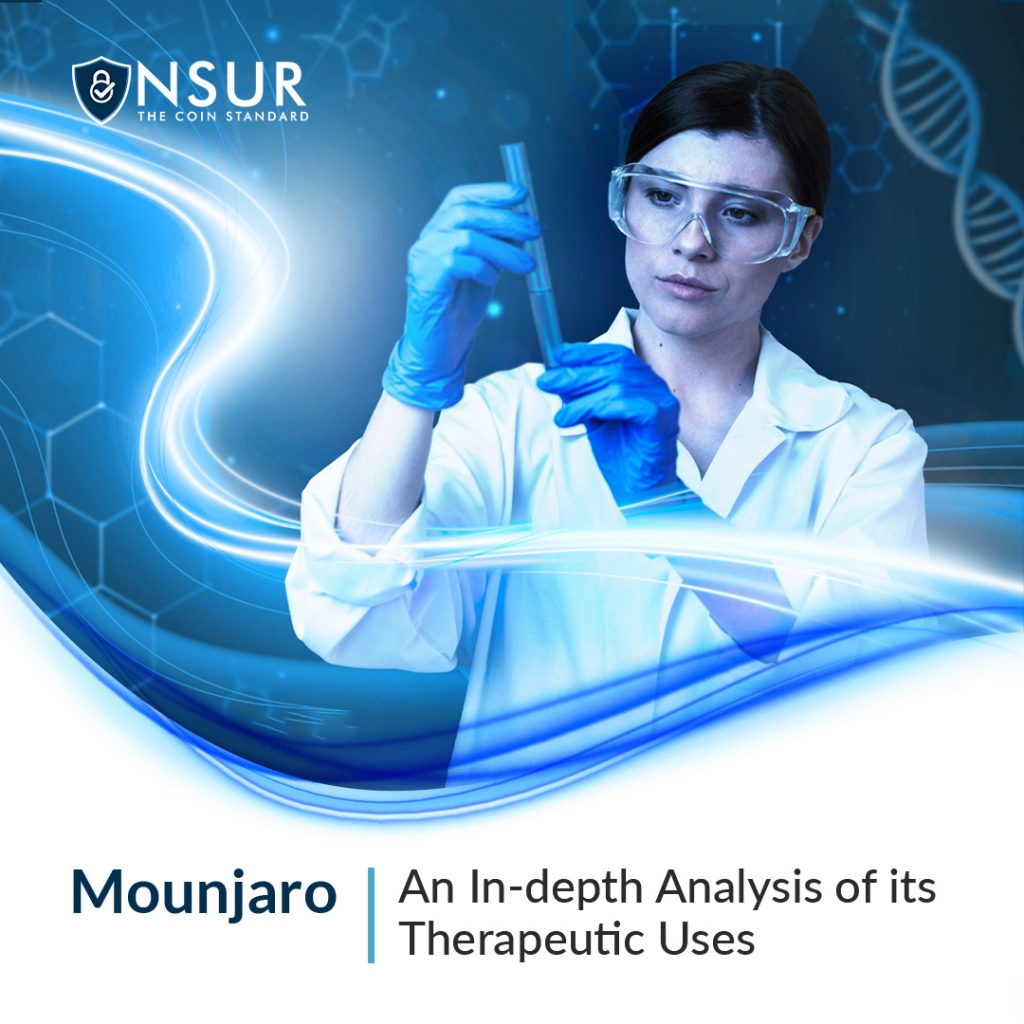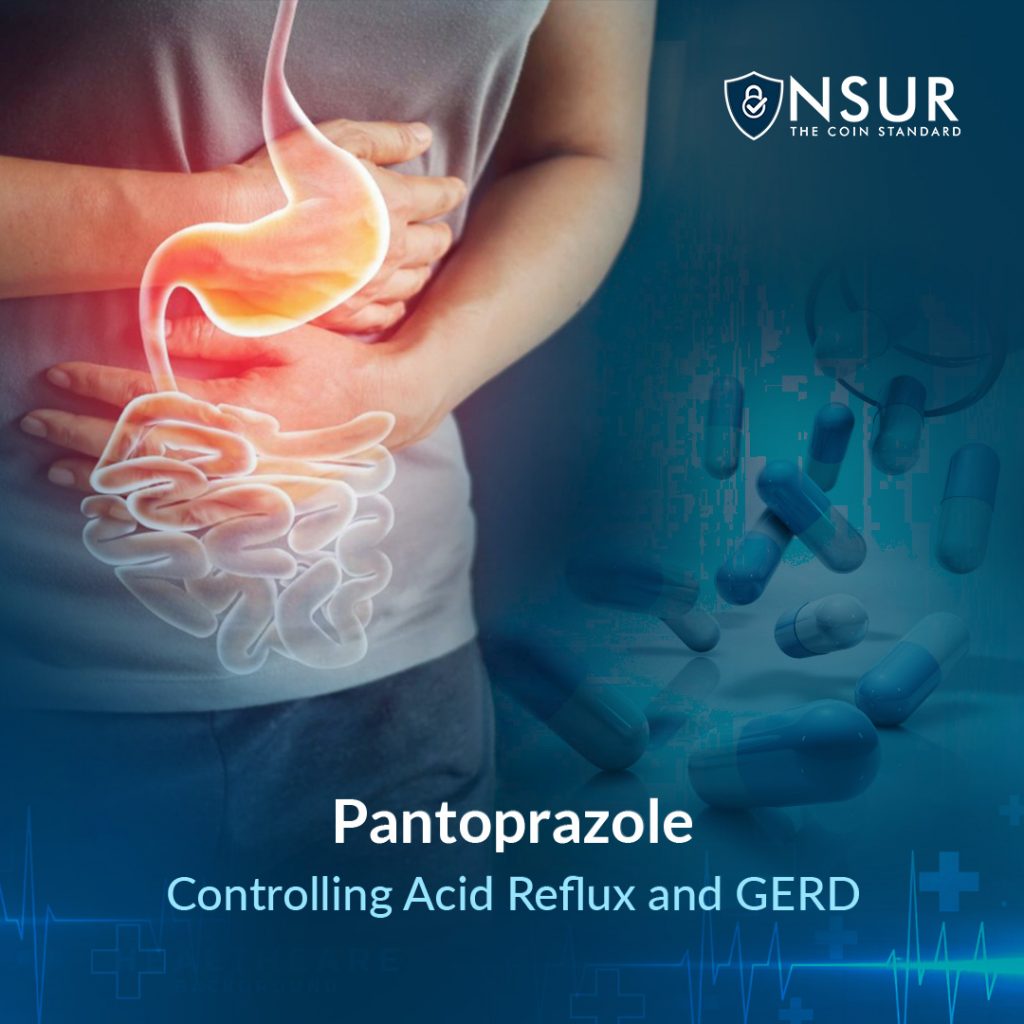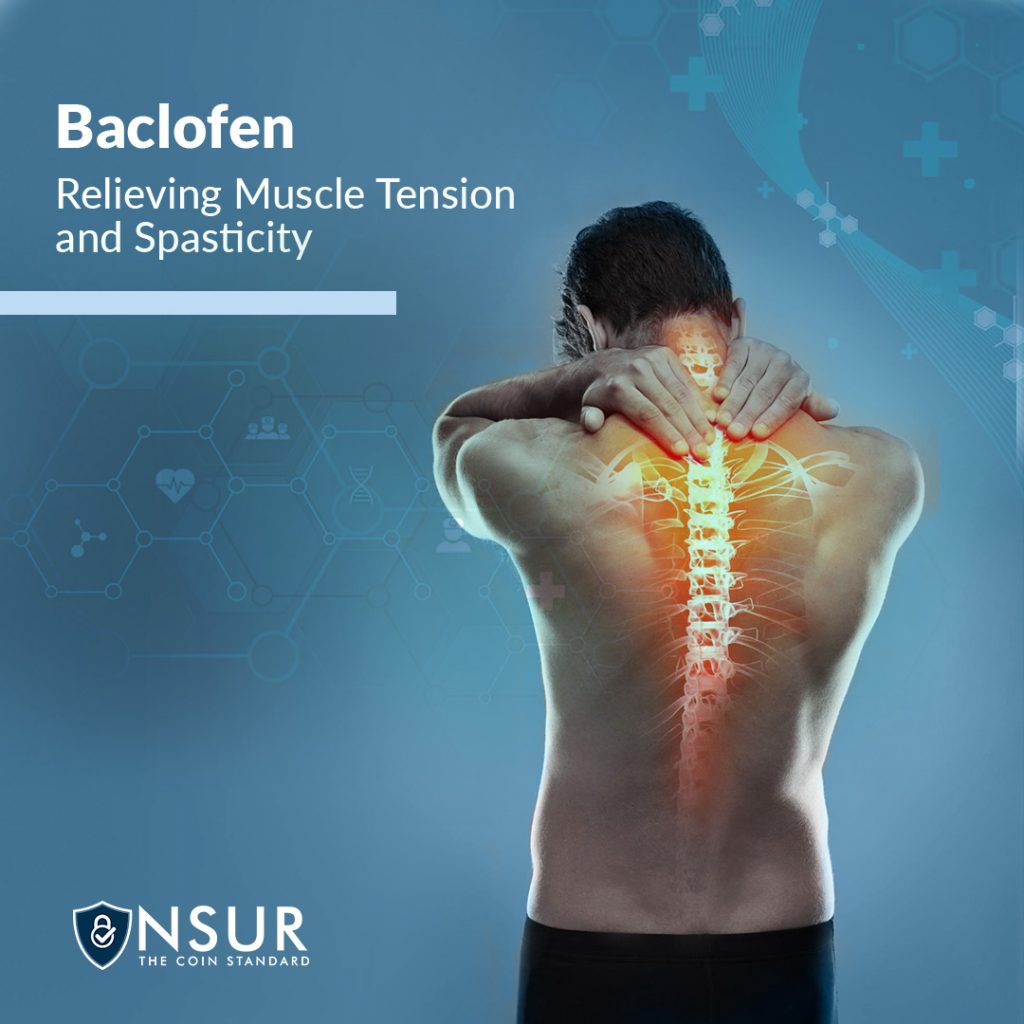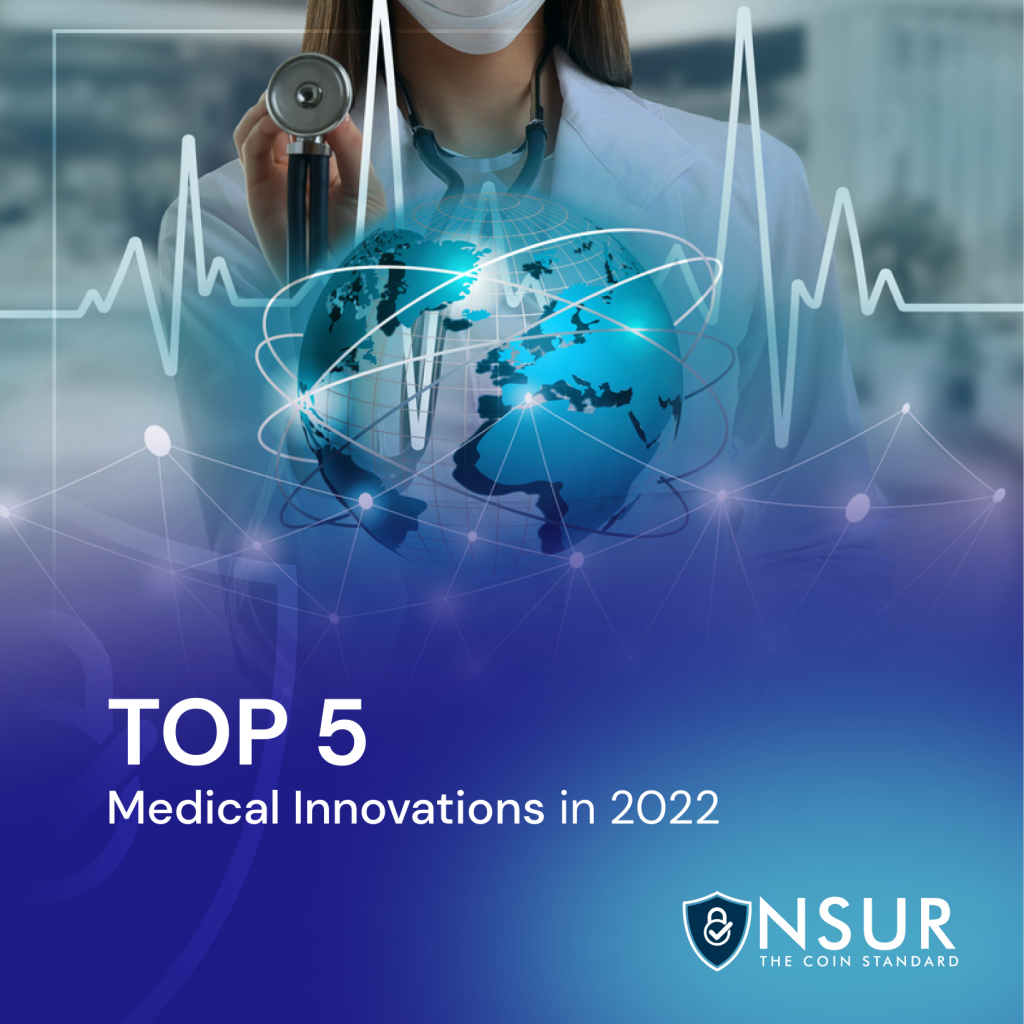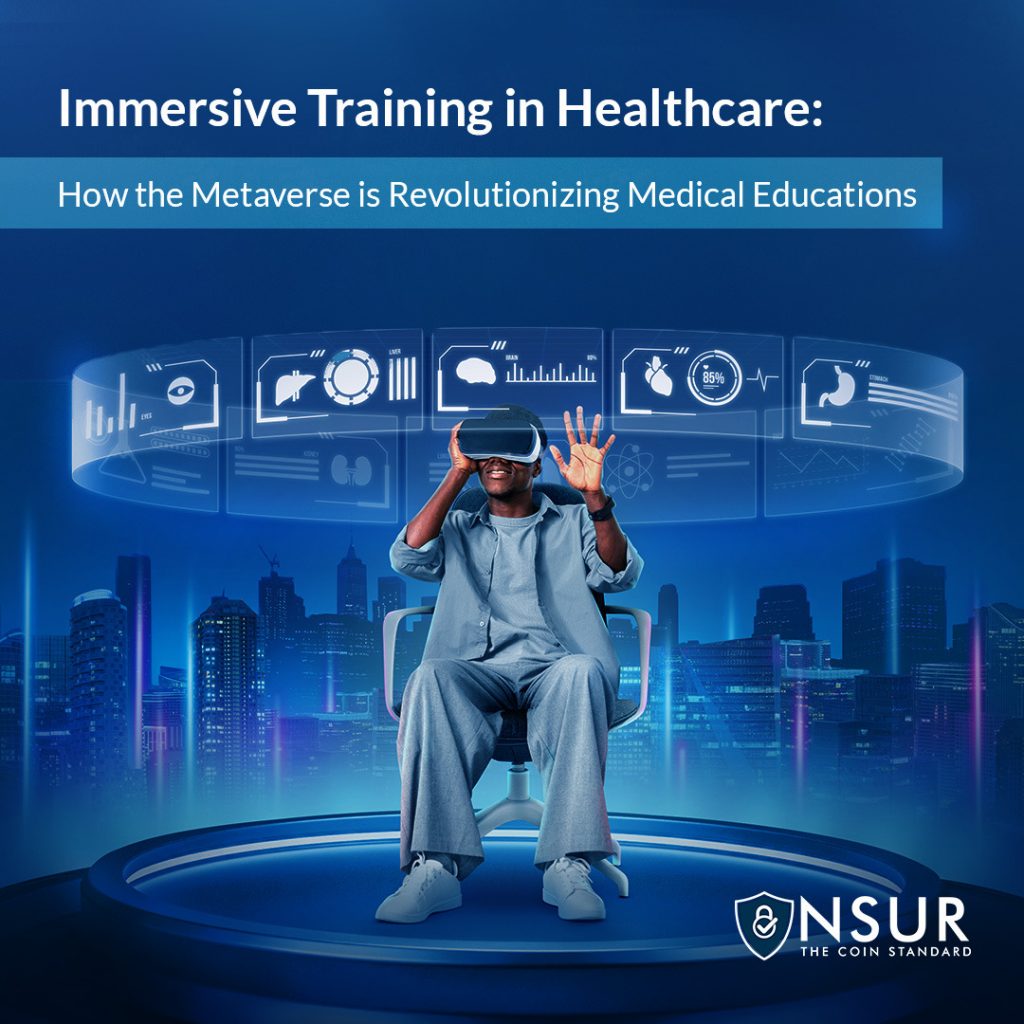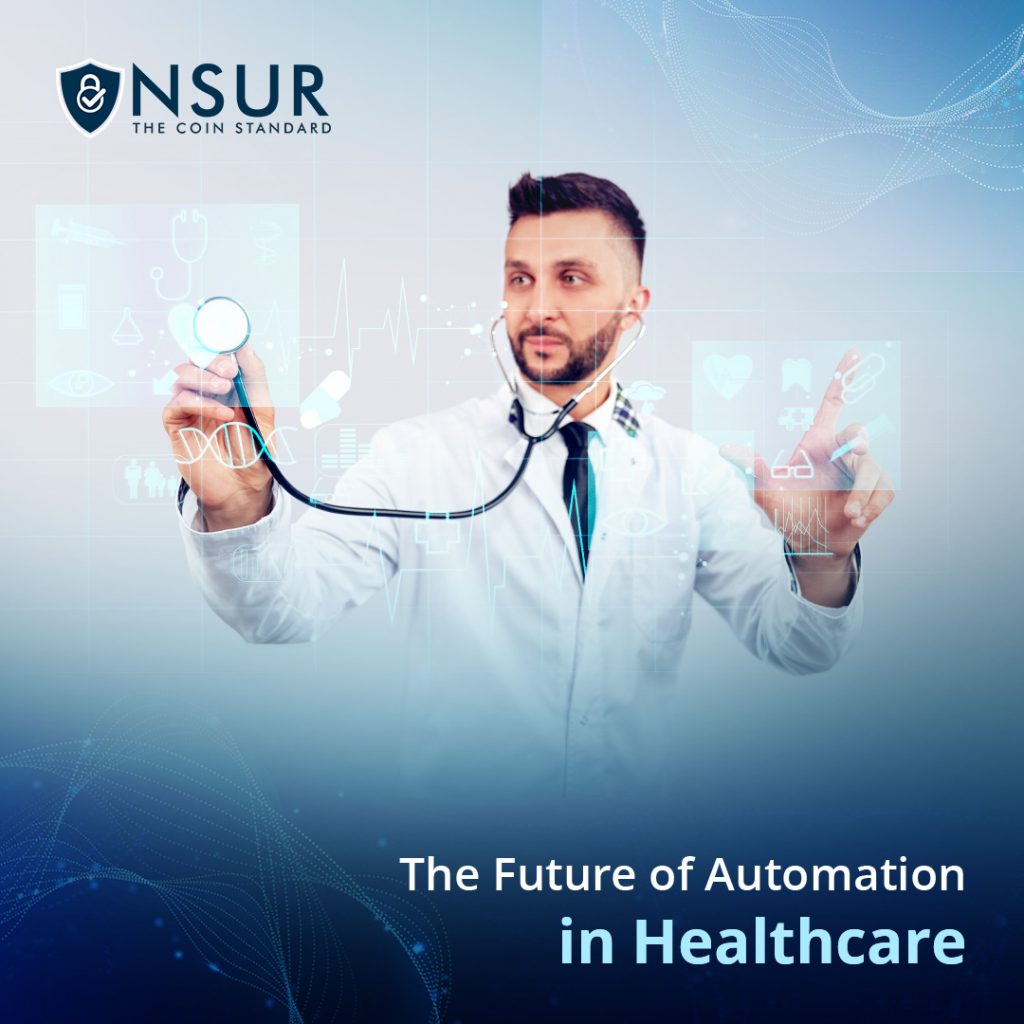
Automation has become potentially the most promising technological element in healthcare in recent decades. Using data analysis and E-health technologies, researchers have made advances in artificial intelligence, therapeutics, and diagnostics. We have already made great progress in developing new drugs, medical devices, diagnostic procedures, clinical assessments, and therapies. Now is the time to modernize healthcare delivery.
Even though human interaction is a key principle of healthcare, people are adapting and accepting E-health technologies with open arms.
Medical automation refers to the controlled operation of a diagnostic or therapeutic process or system by mechanical or electronic means. This automation augments human abilities for observation, effort, and decision-making. Applying medical automation science to hospitals, clinics, and home care could provide higher quality, faster, and less expensive medicine than we currently have. Yet, to realize the benefits of medical automation, the existing healthcare system must be educated.
Adopting technology and automation in the healthcare industry is a step-by-step process.
AI-assisted insurance claim management
Automating medical claims management can reduce errors and fraud and help reduce medical costs. Using AI-powered systems, patients can easily access information about insurance eligibility, the process of claiming the amount, and how the company verifies claims. As a result, fraudulent calls and claims of overpayment can be avoided and all services can be available in one place.
Automation in manufacturing
Computers can reduce human errors by performing routine and repetitive work, which may improve performance overall. In some areas, robots can replace human workers, and the technology is advanced enough to detect flaws in products. Automation is a masterstroke in the manufacturing of capsules and medicines. More problems will be solved by automation and robots.
Data Management
When it comes to an individual’s health, every piece of information counts. With cloud storage, companies can store and access data from anywhere. Businesses can also use technology and automation to build secure platforms. It is possible to save and analyze all data generated during the manufacturing process.
High-tech packaging and transportation
In addition to manufacturing, automation is also helpful for packaging and transportation. Future packaging will be done entirely by robots, without human involvement. High-tech transportation systems are used to prevent the degradation of medicines. And vehicle tracking can be done worldwide.
Automation in Healthcare Workflow
At all stages of the patient journey, automation, and artificial intelligence (AI) are having an immense effect on healthcare processes. Embracing healthcare automation brings added responsibility to the healthcare administrator. Automated analysis of data can improve care quality, reduce healthcare costs, and help them make better choices.
A few administrative benefits of automation in healthcare are listed below.
· Patient scheduling and billing can be done through Robotic Process Automation (RPA).
· Advanced AI tools are used to ease the work of staff.
· Fast, safe, and affordable treatment solutions are offered to patients with chatbots.
· The huge amount of data in electronic health records (EHRs) is best managed by automated processes. The data can also be used to train and design AI programs for healthcare research.
· Blockchain, along with healthcare automation, has altered how health systems are using the information to get an overview and improve care.
· Data analysis can be done to reduce costs, improve care quality and make better decisions.
Conclusion
Embracing technology solutions and medicine can serve a range of healthcare delivery goals. In the coming years that may seem impossible on the surface but are attainable.
The use of electronics, wireless transmission, microfabrication, biocompatible materials, and sensors will enable diagnosis and treatment that is unparalleled in diagnostic quality. All claims-related issues and concerns could be handled in one place. To summarize, we can say that automation is changing the healthcare sector in all positive ways.

